Instructors / Facilitators for this Course
The Panel of Instructors & Facilitators
Your instructors all have significant experience in research and education on hydrologic topics.
Instructors on our panel for this course from India are
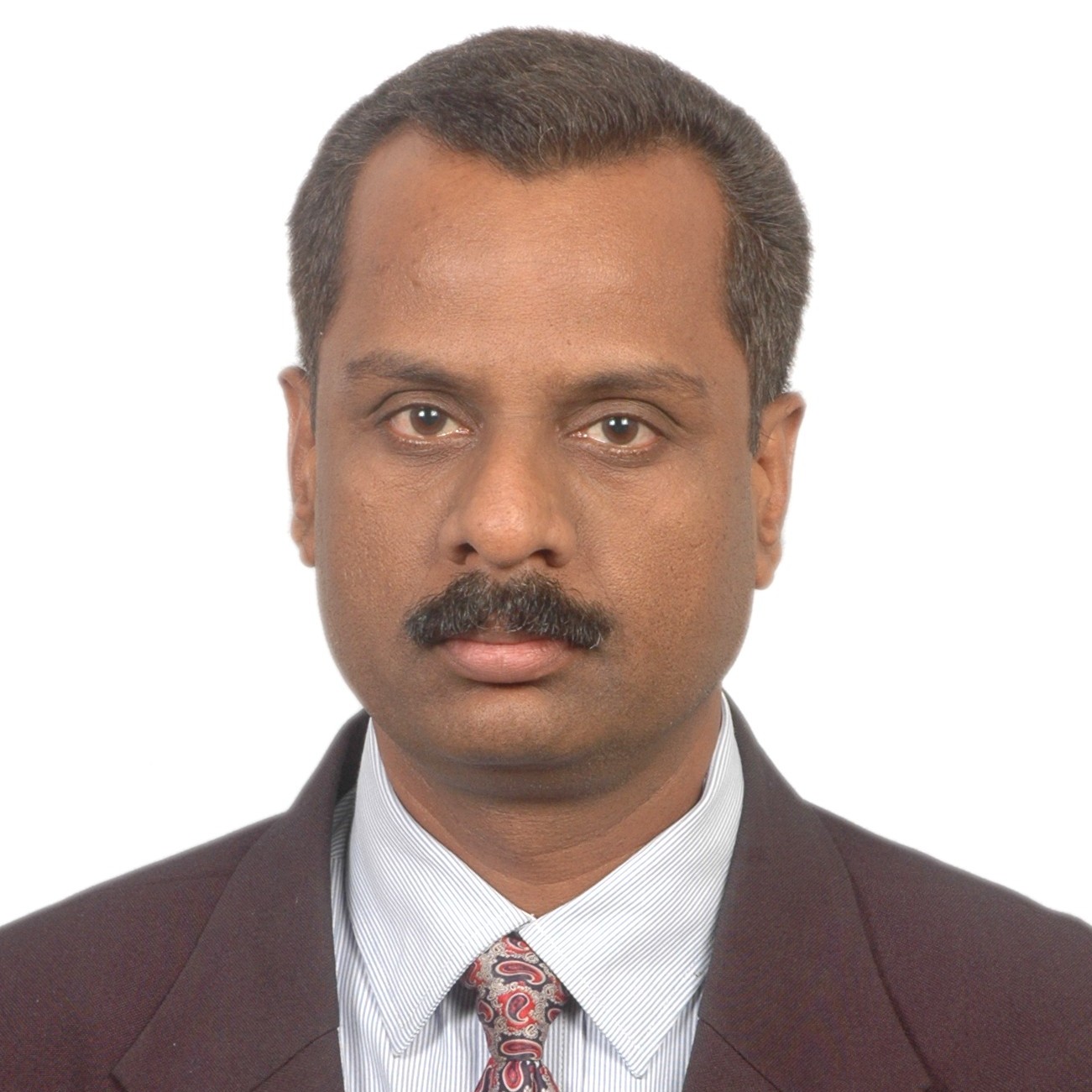 Dattakumar Chaskar, Director, NWA, Pune
Dattakumar Chaskar, Director, NWA, Pune
A postgraduate in "Design Engineering " from IIT, Mumbai, he joined the Central Water Engineering (Group 'A' ) Services of Central Water Commission as Assistant Director in 1991. Since then he has worked in various directorates of CWC in the capacity of Assistant director/Deputy Director. Presently, he is working as a Director and Core Faculty member at the National Water Academy. For more details pl. visit http://nwa.mah.nic.in/faculty.html
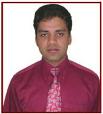 Sunil Kumar, Director, NWA
Sunil Kumar, Director, NWA
Sunil Kumar, Director, National Water Academy isa 1997 batch CWES Officer. He pursued his Bachelor of Engineering (MechanicalEngg) from Birla Institute of Technology, Mesra and M.S. in EuroHydroinformatics and Water Management from Euro-Aqaue which is a consortium of5 European University. He was one of 28 globally selected students for pursuinghis master course by European Commission for Erasmus Mundus Scholarship. Formore details about him, pl visit: http://nwa.mah.nic.in/faculty.html
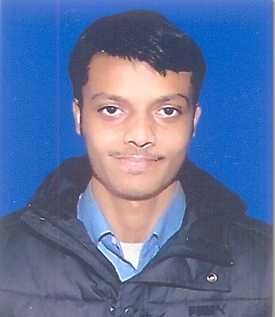 Sidhartha Mitra, Dy. Director, NWA
Sidhartha Mitra, Dy. Director, NWA
Sidhartha Mitra is a 2002 batch CWES Officer. He has joined as Assistant Director at CWC Headquarter, New Delhi in Sept 2004. He is Bachelor of Engineering (Civil Engineering) from Jadavpur University, Kolkata and M.Tech in Transportation Engineering from Indian Institute of Technology, Kharagpur.. For more details about him, pl visit: http://nwa.mah.nic.in/faculty.html
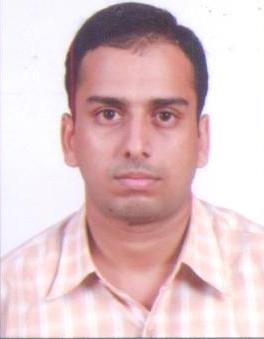 Manish Rathore, Dy. Director, NWA
Manish Rathore, Dy. Director, NWA
Manish Rathore is a 2007 batch CWES Officer. He has joined as Assistant Director at CWC Headquarter, New Delhi in July 2009. He is Bachelor of Engineering (Civil Engineering) from Shri G.S. Institute of Technology, Indore and M.Tech in Structural Engineering from Indian Institute of Technology Bombay.. For more details about him, pl visit: http://nwa.mah.nic.in/faculty.html
Facilitaors for this course from WMO include:
 Mr. Claudio Caponi
Mr. Claudio Caponi
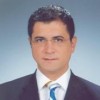 Mustafa Adiguzel
Mustafa Adiguzel
Mustafa Adiguzel is Scientific Officer of the WMO Education and Training Office. Prior to joining the WMO in 2007, Mustafa worked for the Turkish State Meteorological Service for 24 years as Meteorological Technician, Engineer, Chief of Satellite Meteorology Division, Director of External Relations Division respectively; and finally he was Director of WMO Regional Training Centre (RTC) in Turkey and organized many international training events. Mustafa holds two MSc degrees one in Applied and Natural Sciences, and one in Electronic Engineering.
Nirina is Scientific Officer, Climate and Water Department, World Meteorological Organization. He is facilitator for this course from WMO.
Instructors for this course from COMET include :
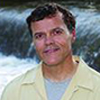 Matt Kelsch
Matt Kelsch
Matt is Hydrometeorologist with UCAR's COMET Program in Boulder, CO, USA. Observer for the U.S. Cooperative Climate Network. Coordinator for the Community Collaborative Rain, Hail, and Snow Observing (CoCoRaHS) network.
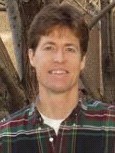 Thomas Hopson
Thomas Hopson
Hopson is a hydrometeorologist who specializes in daily to seasonal forecasts of river discharges. He works on a pioneering flood forecasting program, first applied for Bangladesh, that delivers 1- to 10-day forecasts to residents living along major rivers, alerting them when river levels are likely to rise dangerously. The system, which uses a combination of weather forecast models, satellite observations, river gauges, and new hydrologic modeling techniques, is being applied to other countries. Hopson also works on verifying and, when necessary, calibrating the output from computer weather models.
Tim is the Assistant Director for Operations and IT for the COMET Program in Boulder. Although Tim has a Master of Science degree in Atmospheric Sciences, he's been involved in software engineering and systems administration at COMET since 2000, and management since 2003. Prior to COMET, Tim researched the Earth's radiation budget at the NASA Langley Research Center in Hampton Virginia and taught Synoptic Meteorology at Cornell University.

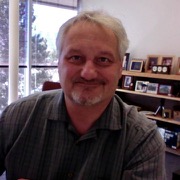 Timothy Alberta
Timothy Alberta